The gig economy landscape is constantly evolving, and this week brings significant developments that could reshape the future for thousands of drivers. California has reached a groundbreaking deal with Uber and Lyft that will allow drivers to unionize while simultaneously reducing insurance requirements. This compromise represents a major shift in the relationship between gig companies and their workers, potentially setting a precedent for other states to follow.
Under the new agreement, California drivers will have the opportunity to organize for increased pay and benefits, a long-fought battle that rideshare companies had previously resisted. The insurance requirements are being reduced from the previous $1 million per driver to $300,000, which the companies argue were unnecessarily high compared to requirements for taxis, buses, and limousines. This reduction is expected to lower prices for riders in California, making services more accessible.
Interestingly, this unionization deal will work alongside Proposition 22, which allows companies to classify drivers as independent contractors rather than employees. The details of how these seemingly contradictory frameworks will coexist remains to be seen, with full details of the bills expected next week. Many drivers express skepticism about whether unionization will truly improve conditions given the constraints of Prop 22.
Meanwhile, Walmart Spark has made headlines by distributing substantial back payments to drivers for tip adjustments from earlier periods. Many drivers reported receiving hundreds of dollars, with some claiming amounts over $3,000. The sudden payments have raised questions about what prompted this correction – whether it was an internal audit or perhaps pressure from potential legal action. The seemingly random distribution pattern has left some drivers confused, as long-time full-timers reported receiving nothing while others received substantial sums.
In technological developments, Waymo continues its expansion, announcing plans to launch autonomous vehicle services in Denver and Seattle – their first entry into what they’re calling “winter weather states.” This comes as a Waymo vehicle was involved in a collision with a bus in San Francisco, though details about fault remain unclear. The company is also mapping New York City streets, suggesting future testing despite the notoriously challenging driving environment.
Lyft has quietly increased its maximum fare caps, raising the limit from $300 to $720 for standard rides and $849.99 for XL rides. This change could potentially benefit drivers taking long-distance trips, though many drivers report that such trips have become less profitable under upfront pricing models despite the higher cap.
In another expansion move, Uber announced plans to compete with Eurostar by launching train service through the Channel Tunnel connecting London and Paris. This aligns with their strategy to become a comprehensive transportation platform where users can access multiple transit options through a single app. The service will operate under a new brand called Gemini, with tickets bookable through the Uber app.
As these developments unfold, gig workers continue to navigate the challenges of their daily work, from dealing with intoxicated passengers to snake encounters during deliveries. These personal stories highlight the unpredictable nature of gig work beyond the algorithmic decision-making that drivers face dozens of times each shift – a reality that a new game called “Cherry Picker” aims to simulate, giving players insight into the high-pressure business decisions gig workers make continuously.

